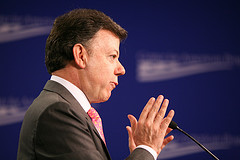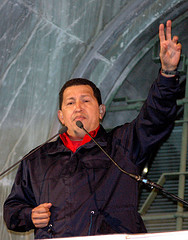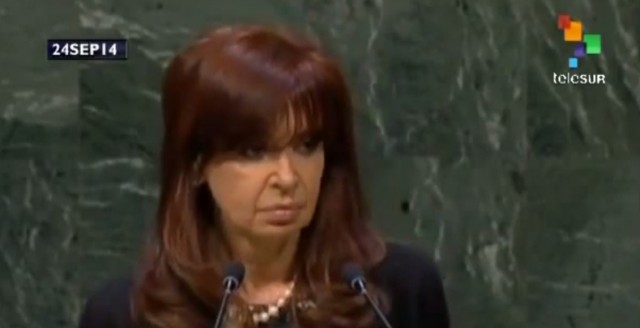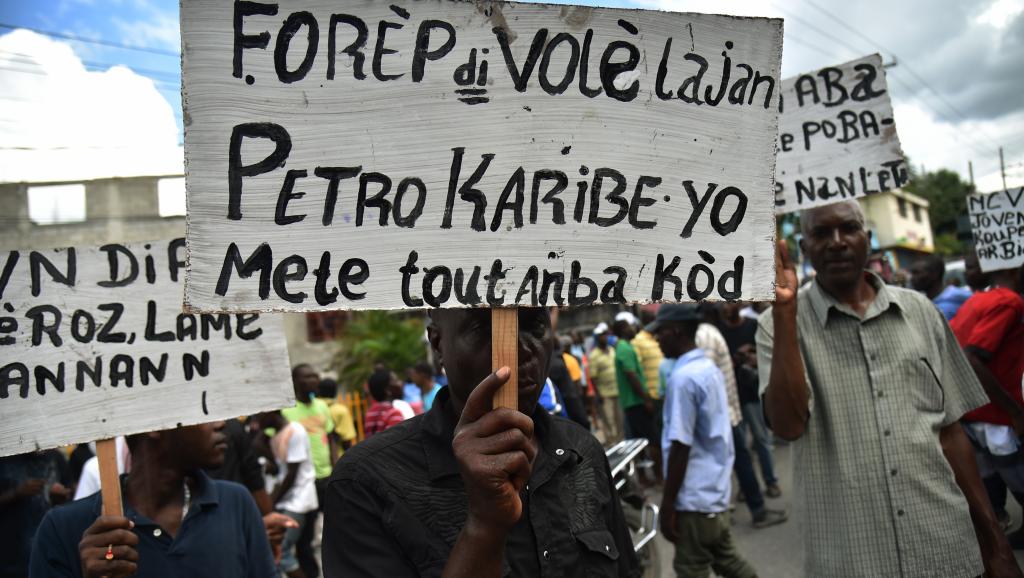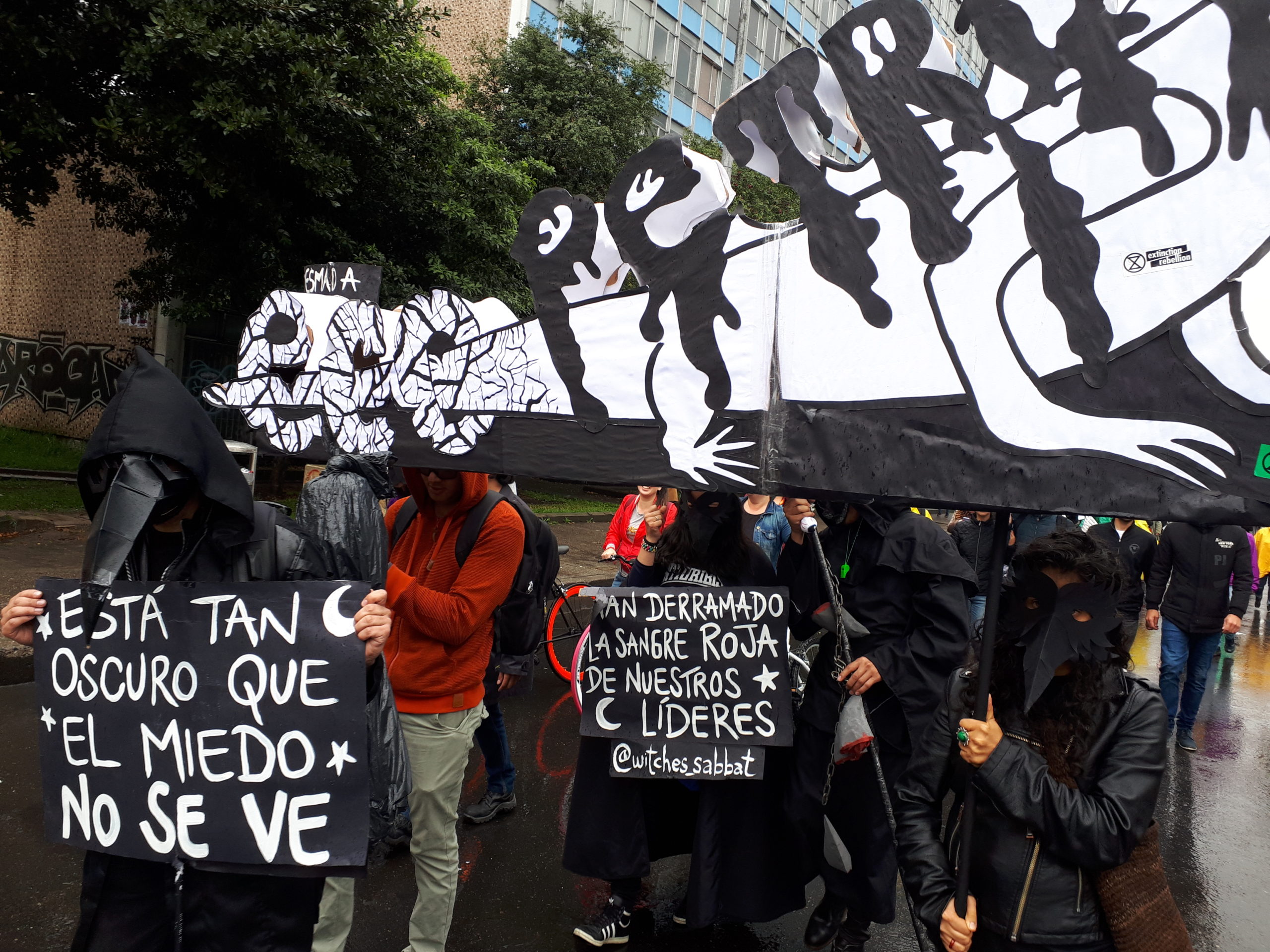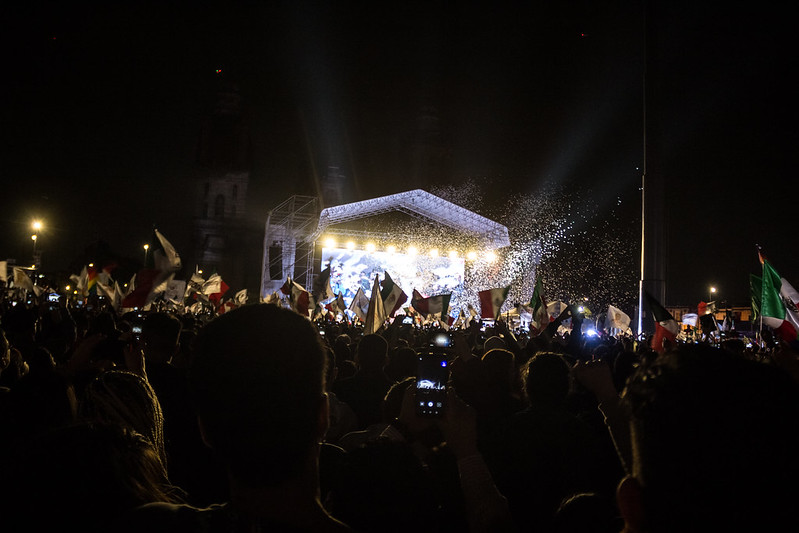
Latin America: Week in Review
AMLO Celebrates One Year in Office
December 2, 2019 By Staff
TODAY IN LATIN AMERICA
MEXICO: Yesterday, thousands of people filled Mexico City’s central plaza, the Zócalo, to celebrate President Andrés Manuel López Obrador’s first year in office. In a speech to the crowd, AMLO insisted he had achieved a more equitable distribution of wealth in his first year, as well as success in expanding social programs benefiting Indigenous groups, children and the elderly. He said it would take only one more year to complete the “fourth transformation” he promised during his campaign. Recent polls show approval ratings between 59% and 72% for his presidency thus far.
At the same time, a similarly sized group took to the streets to protest López Obrador, including members of the Lebarón family, whose relatives were massacred in November in the northern state of Chihuahua. Dressed in white, the protesters chanted the names of victims and decried “increased violence, a stagnant economy and deepening political divisions.” López Obrador has not put forward a comprehensive security plan, and Mexico is on track for a record high number of homicides this year.
Headlines from the western hemisphere
SOUTHERN CONE
BRAZIL: On Friday, President Jair Bolsonaro accused actor and environmentalist Leonardo DiCaprio of funding nonprofit groups that contributed to fires in the Amazon. Al Jazeera reported that Bolsonaro was referring to social media posts claiming that the World Wildlife Fund paid for photographs of the fires to solicit donations. DiCaprio heads the environmental organization Earth Alliance, which pledged $5 million to protect the Amazon from wildfires, but DiCaprio has since explained that the alliance had not donated to any of the organizations Bolsonaro referred to.
ANDES
BOLIVIA: Bolivian interim Foreign Minister Karen Longaric announced on Thursday that Bolivia will reinstate diplomatic ties with Israel — a first since former President Evo Morales ended relations after an Israeli military operation in Gaza 10 years ago. Bolivia called for Israel to face an international court for crimes against humanity in 2009, and Morales declared Israel a “terrorist state” in 2014. The announcement comes alongside other changes to Bolivian foreign policy following the turbulent end of Morales’s presidency; the interim government has named Walter Oscar Serrate Cuellar as the first ambassador to the United States in 11 years.
PERU: Two-time presidential candidate and former first daughter Keiko Fujimori was released from prison on Friday. Peru’s Constitutional Tribunal ordered Fujimori’s release last week, 13 months after she was detained on charges of corruption. Supporters gathered outside the women’s prison in the Chorillos neighborhood of Lima to watch Fujimori leave the prison and reunite with her husband.
CARIBBEAN
CUBA: Cuban state television aired a video on Wednesday of political prisoner José Daniel Ferrer apparently agitated in a police interrogation room. The footage shows Ferrer banging his head on a metal table, throwing furniture and shouting. The United States has claimed Ferrer is a victim of abuse. The Cuban government claims the United States is funding Ferrer’s “illegal” activities. Ferrer was arrested on Oct. 1 on suspicion of kidnapping and assault, charges his supporters deny. Late November, Granma, Cuba’s Communist Party newspaper, dedicated an editorial to attacking Ferrer and said he was “a salaried agent serving the United States.”
PUERTO RICO: A Republican politician withdrew from a commission race in Florida after a confrontation with two Puerto Rican teenagers in a tennis club in Sarasota. A video that gained attention last Friday shows someone accusing Martin Hyde of racism for allegedly berating them for speaking Spanish. The young men allege Hyde told them to go cut grass. The video also shows Hyde trying to have the person recording kicked out of the club. Hyde denied he made racist comments.
CENTRAL AMERICA
NICARAGUA: Five people died this weekend in Masaya, Nicaragua, in confrontations between police and citizens. An officer died during a shooting on Saturday and two other policemen were injured. The police said they arrived to the scene because of a call reporting a group of armed criminals robbing residences. One of the civilians who died was identified as José Isaías Ugarte López, known as Chabelo, who was supposedly the leader of a criminal gang in the area. The unrest was reported by La Prensa as conflict between Orteguista police and “fearful” citizens.
NORTH AMERICA
MEXICO: Between Saturday afternoon and dawn yesterday, 21 people were killed in a series of shootouts in Union Villa, Coahuila, a town near the border with Eagle Pass, Texas. The Cartel of the Northeast, which split off from the Zetas, is suspected to have carried out the attack. Security forces killed 10 armed gunmen on Saturday after they had opened fire on the town hall. Four police officers were also killed in the confrontation. The state government of Coahuila posted on Twitter that in the early hours of Sunday morning, security forces killed seven people suspected to have participated in the attack, bringing the total to 21. It is unclear why Union Villa was targeted.
MEXICO: High-level officials met in Washington on Wednesday to discuss the details of the U.S.-Mexico-Canada Agreement (USMCA), set to replace NAFTA. U.S. Trade Representative Robert Lighthizer, Canadian Deputy Prime Minister Chrystia Freeland and Mexican Undersecretary for North America Jesús Seade met to reach agreements that would allow for House Democrats to vote on the deal. Only Mexican legislators have ratified the deal so far, but Nancy Pelosi says Democratic lawmakers are close to reaching an agreement. Enforcement of labor provisions in Mexico has been a sticking point in the negotiations. Mexican Undersecretary for North America Jesús Seade told reporters after the meeting, “We’re reaching understandings. We’re now looking at very specific details, but I think we’re heading towards a deal.”
